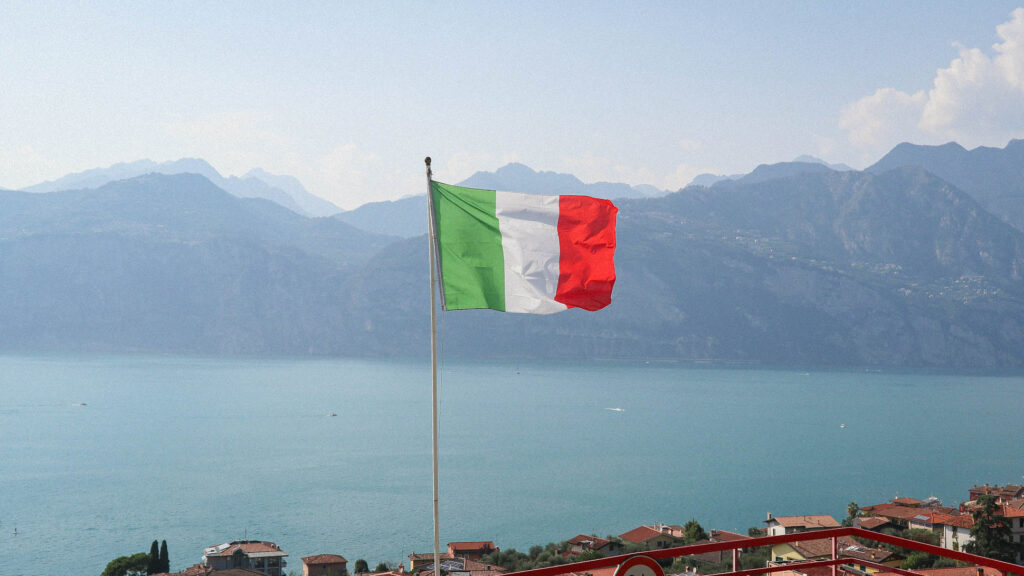
Becoming Italian is a dream of many. But it’s not just about the culture and lifestyle. After all, Italian citizenship is one of the most valuable in the world. It gives you the right to live, work, and study anywhere in the EU. It grants access to Italy’s national healthcare system, and the ability to pass citizenship on to your children.
Be aware that the process to get it can be a little bit tricky. Below is a clear breakdown of the main requirements, and useful tips to make it smoother.
Main pathways to Italian citizenship
There are three main ways to apply:
- By descent (jure sanguinis)
If you can prove Italian ancestry, you may be eligible for citizenship by descent. Unlike many countries, Italy does not apply a generational limit, but the paperwork can be a bit complex. You’ll need certified birth, marriage, and death certificates for each generation, plus official translations and apostilles. - By marriage (jure matrimonii)
If you are married to an Italian citizen, you may apply after:
- 2 years of marriage if living in Italy,
- 3 years if living abroad.
These timelines are halved if you have children together.
- By naturalization
Foreign residents can apply after a period of legal residence:
- 10 years for non-EU citizens,
- 4 years for EU citizens,
- 3 years for those with Italian grandparents,
- 5 years for refugees or stateless persons.
🆕 Update 2025: New Citizenship Rules and Access System
1. New residency requirements (Law 74/2025):
- If you have a parent or grandparent who was an Italian citizen by birth, you can now apply for citizenship only after 2 years of legal residence in Italy.
- If you were born in Italy but are not automatically a citizen, you can apply after 3 years of legal residence.
2. New login procedure (from July 23, 2025):
- Applications are now accessed through the Citizenship Portal using SPID or CIE (for residents in Italy).
- Applicants living abroad must use two-factor authentication (TOTP) with an app like Google Authenticator or Microsoft Authenticator.
Application process: step by step
- Gather documents
- Birth certificate, fully legalized and translated into Italian.
- Criminal background checks from your country of origin (and any country you have lived in).
- Proof of legal residency in Italy (permesso di soggiorno, residency certificate from the Comune).
- Valid ID and passport.
- Apply online
Applications are submitted through the official portal of the Italian Ministry of the Interior. You’ll need a SPID (digital identity) or access through a certified professional. - Language test
Since 2018, applicants (except those applying by descent) must demonstrate at least B1 level Italian (CEFR standard). Certificates from approved institutions are required. - Wait for processing
Legally, the administration has up to 24 months (extendable to 36) to decide. In practice, it often takes years due to backlog. During this time you may be asked for additional documents. - Oath of allegiance
If approved, you must take an oath of allegiance at the Comune within six months. Citizenship is formalized from the date of the oath.
Costs
- Application fee: €250 (non-refundable).
- Translations & apostilles: costs vary depending on the country and number of documents.
- Language certificate: usually €100–€200.
Common pitfalls to avoid
- Missing or inconsistent details on certificates (different spellings of names, missing middle names, etc.).
- Failing to apostille or properly legalize documents.
- Applying without meeting residency or marriage duration requirements.
- Not updating residency records with the Comune (any gap can reset the naturalization timeline).
Useful resources
- What is Comune in Italy?
- How to Get a Residency Permit in Italy
- Official Ministry of the Interior citizenship portal
Key takeaway
Italian citizenship is absolutely achievable but requires patience, meticulous paperwork, and persistence. Whether through descent, marriage, or residence, make sure your documents are perfect and expect a long wait. Many applicants hire a bilingual lawyer or consultant to avoid delays, which is a smart move if you value time over money.
🔗 This guide is part of our series on Foreign Buyer Practicalities: Residency, Visas, Inheritance.
